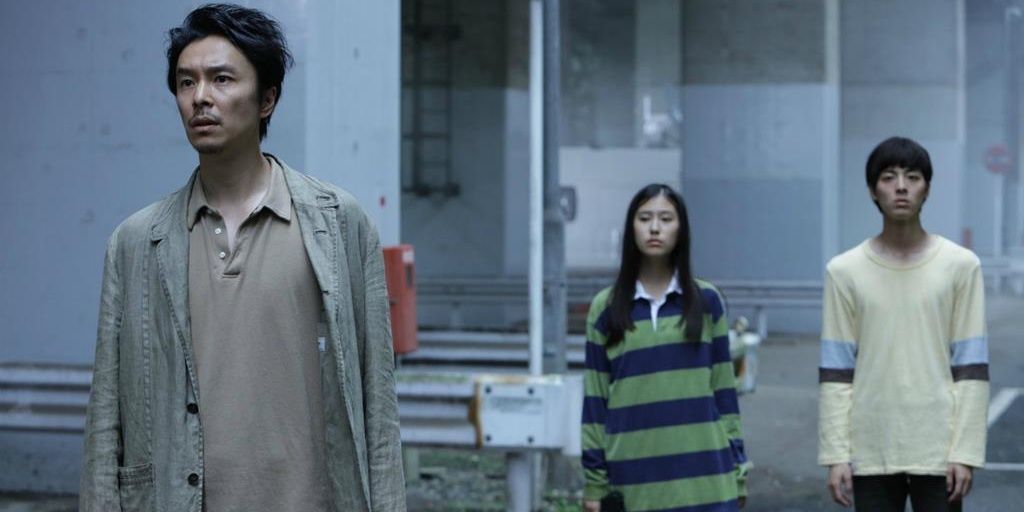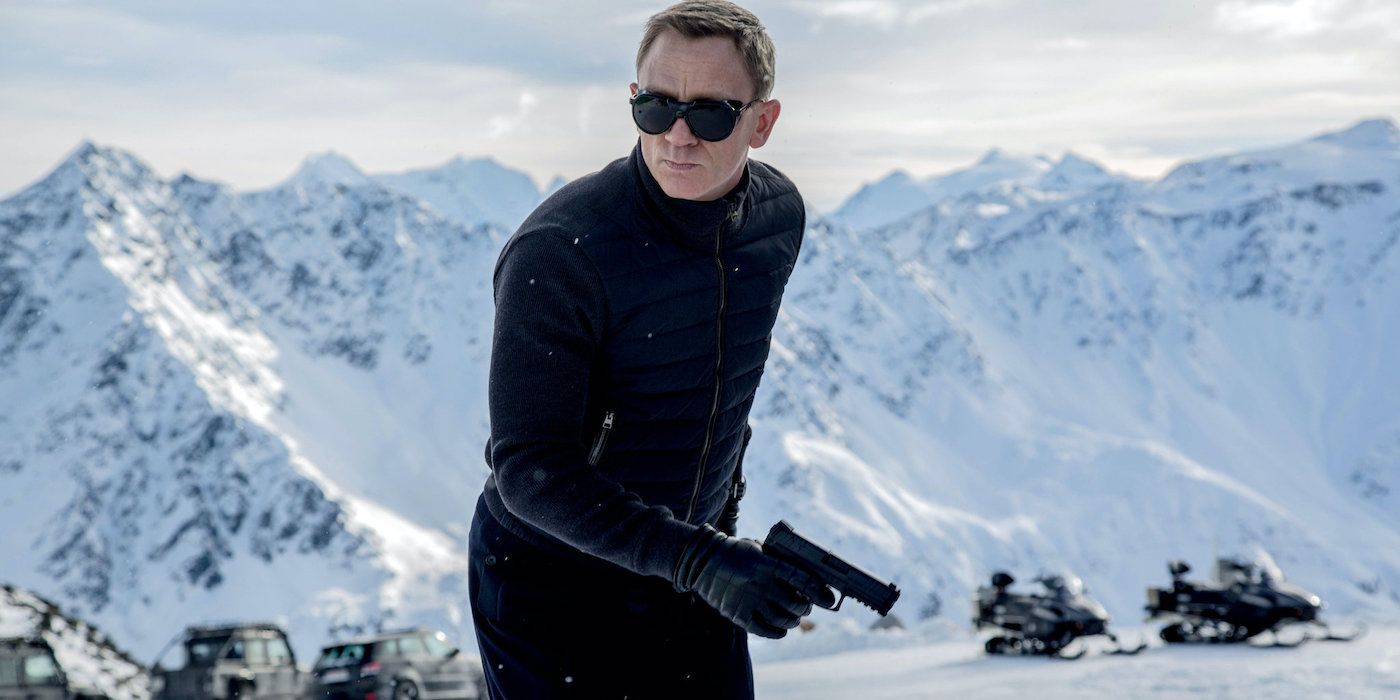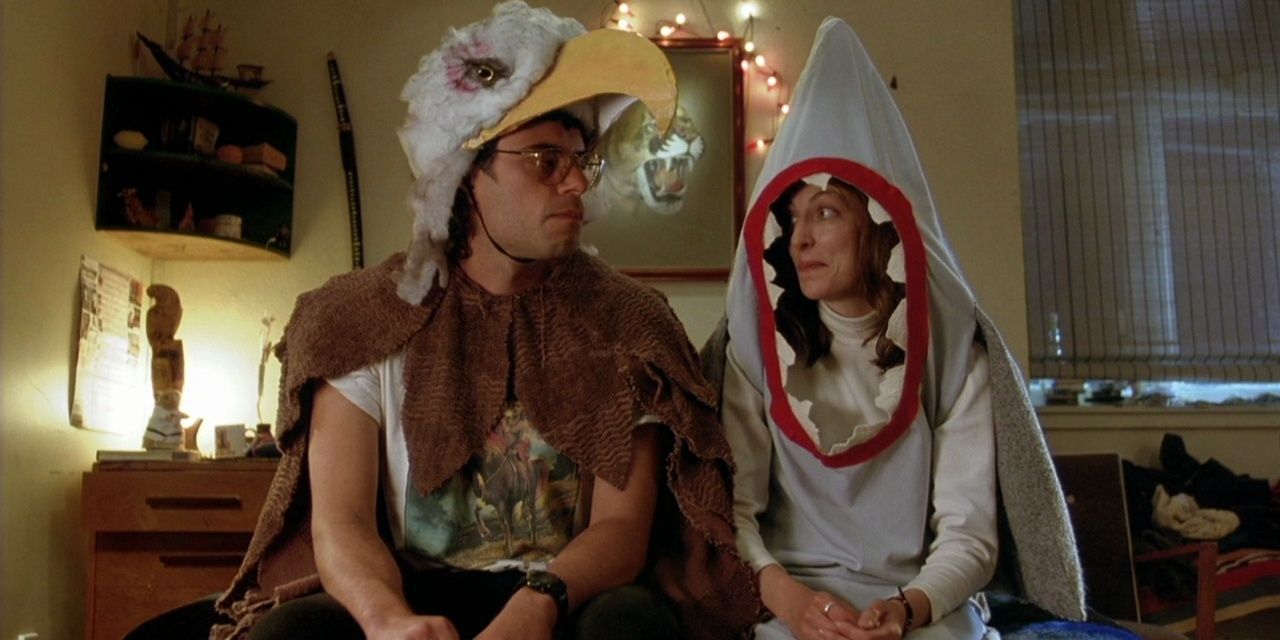Have you ever anxiously anticipated a new movie by a director you love, only to be gravely disappointed when it's a dud? Sometimes, certain films fail to connect to anyone satisfactorily regardless of the talent in front of and behind the camera.
Even the most brilliant film director is bound to have at least one stinker in their catalog. Directors must walk a tight rope to make something that appeals to their fans, critics, and general audiences alike; often, they fall short. These examples remind us that no matter how great an artist is, they’re still only human, capable of making the same follies the rest of us are.
George A. Romero — ‘Diary of the Dead’ (2007)
The late, great George A. Romero’s Living Dead films are amongst the most influential of the 20th century. Without Romero, modern zombies as we know them wouldn’t exist, meaning no Walking Dead, Resident Evil, or Zombieland. Besides his original Dead Trilogy, Romero also made fascinating works such as the down-to-earth vampire film Martin, apocalyptic The Crazies, and cult classic Creepshow. He also somehow made a film with a plot as bonkers as Monkey Shines and pulled it off!
Diary of the Dead is surprisingly prescient in certain ways, as Romero was perceptive enough to realize that found-footage horror would become the next big thing in horror. This turned out to be the case, with juggernauts Paranormal Activity, Cloverfield, and Rec kick-starting a found-footage wave soon after the release of Diary of the Dead. Regrettably, Diary of the Dead is also one of the most out-of-touch movies ever made. Romero doesn’t even understand the basics of what made movies like The Blair Witch Project effective in the first place.
Diary incorporates bland music, bad digital effects, and voice-over narration, completely undermining the unique verisimilitude offered by found-footage. Romero also doesn’t seem to understand the inner workings of the internet, a fatal flaw for a film where characters talk about the internet all the time. The insightful social commentary of his original Dead films is now swapped-out for excruciating expositional dialogue. Watching this film will make anyone with a cursory understanding of technology cringe.
Martin Scorsese — ‘Boxcar Bertha’ (1972)
If one were to watch Boxcar Bertha and guess when it came out, they would assume it was from the late 50s instead of the early 70s. It was notable in its day for being violent and sexually charged. Still, unlike similarly transgressive movies that came before it, like Bonnie and Clyde, Dirty Harry, or A Clockwork Orange, Boxcar Bertha feels so tame and out-of-its-depth. What kills the experience of Boxcar Bertha is the opening act. It’s a chore to sit through, not alleviated by the uninteresting lead character and her dreary co-stars. It's hard to reconcile that one of the greatest directors ever, Martin Scorsese, managed to create something so ordinary and lacking.
According to Scorsese, when film legend John Cassavetes first saw Boxcar Bertha, he lambasted Scorsese, saying, “Marty, you just spent a whole year of your life making a piece of s**t, …. Why don’t you make a movie about something you really care about?” Cassavetes was right in his blunt assessment that Boxcar Bertha feels passionless. There’s a plane crash early in the piece so poorly conveyed that it’s laughable, and the opening credits are closer to what you’d expect from “The Love Boat” rather than a crime picture. The country bumpkin music also cheapens the entire experience. It’s a forgotten, antiquated snooze-fest from a director who would create some of the greatest films of the 20th and 21st centuries.
Rob Reiner — ‘North’ (1994)
There was a time in the 1980s and early '90s when Rob Reiner was the hottest director in the world. With the massive success of his early directorial catalog, including hits like This is Spinal Tap, Stand by Me, The Princess Bride, Misery, When Harry Met Sally, and A Few Good Men, everything Reiner touched turned to gold. Somehow, in 1994, Reiner’s eighth feature, North, single-handedly ended Reiner’s intimidating hot streak and irrevocably damaged his reputation.
North stars a young Elijah Wood as the titular hero who, unappreciated by his parents, decides to “divorce” them. He travels the world, auditioning for new parents that will love him as much as he deserves. It’s a quirky and likable enough premise, but the execution left a bad taste in everyone’s mouth. It was a colossal box office bomb and was savaged by critics.
The humor in North consists entirely of dad jokes that are not funny. The first 30 minutes are harmless, but North’s structure becomes increasingly repetitive as it drags on. It doesn’t help that many of the gags are based on outdated, derivative stereotypes from cultures all over the world. There’s even a particularly egregious example of brown-face sported by Kathy Bates. Perhaps the critical reason North was so loathed is the ending. Reiner pulls the rug out from under the viewers, revealing the majority of the story was just a dream. Audiences at the time left the theater infuriated that they sat through the entire picture for such a lazy finale.
Darren Aronofsky — ‘Noah’ (2014)
When the film community discovered that cinematic darling, Darren Aronofsky, was making a movie about the biblical story of Noah, they raised some eyebrows. It wasn’t only real, but the biblical epic would star Russell Crowe, Jennifer Connelly, and Emma Watson. No one could believe that the acclaimed director of Pi, Requiem for a Dream, and Black Swan would throw away his art-house sensibilities to make a Michael-Bay-style blockbuster. Nonetheless, the consensus softened over time, and fans started looking forward to Noah, hoping it would be far less basic than the marketing made it out to be.
Unfortunately, fans' initial reservations were found to be justified. Noah is even less thematically complex than fans had feared. It is the Noah’s Ark story again, but this time, Noah is an unlikeable father, and there are giant rock monsters. Though the cinematography by Mathew Libatique is reliably excellent, and Clint Mansell delivers another memorable score, Noah is decidedly lifeless. Everything about the directing, writing, and acting feels obligatory. Those hoping that there would be some hidden, incisive subtext hidden in Noah were gravely disappointed, as the film merely plays out in the same predictable way we’ve all seen this story a million times. Aronofsky returned to form with his next movie, mother!, and his upcoming The Whale is one of the must-see movies of 2022.
Francis Ford Coppola — ‘Twixt’ (2011)
Francis Ford Coppola is consistently cited by fans and his fellow directors as one of the greatest filmmakers ever. Apocalypse Now, The Conversation, and The Godfather 1 & 2 aren’t just classics; they’re essential viewing for anyone who wants to get into film. Coppola is so revered that his family has become a Hollywood institution, spawning many successful actors, producers, and directors over the last several decades. This being the case, it is almost inconceivable that an undisputed master could make a movie as achingly bad as Twixt.
Twixt feels like the first feature made by a YouTuber for only a few thousand dollars, rather than a Coppola joint with an over 5 million dollar budget. This nightmarish detective throwback is home to some of the murkiest visuals and most unconvincing green screen SFX imaginable. It also boasts career-worst performances from Val Kilmer and Elle Fanning, who look confused or bored depending on which scene is playing. The audio mixing and ADR especially stand out as amateurish. Like many lackluster films, Twixt is a slog to sit through. At only 88 minutes, it feels 3 hours in length. It's surprising to see a dud come from such a celebrated director.
Kiyoshi Kurosawa — ‘Before We Vanish’ (2017)
The first five minutes of Kiyoshi Kurosawa’s alien invasion picture, Before We Vanish, are incredibly effective. The opening scene promises it will be as tense as his other efforts, like Cure and Pulse. Yet, it soon devolves into a flatly-lit drama with the urgency of a mid-season episode of a soap opera. Director Kiyoshi Kurosawa was never considered a paragon of “high art,” but he’s been praised as an experimental master of horror who makes unnervingly creepy thrillers.
Before We Vanish is about two aliens who visit earth disguised as humans, tasked with initiating a takeover of Earth. It’s a tried and tested movie premise that works on paper, but Before We Vanish is too slow, long, and scattershot to keep anyone’s attention. For a movie about the potential end of humankind, it’s so low-stakes and disinterested in exploring compelling existential themes. It’s hard to tell whether the lead characters are one-dimensional or if it’s simply the actors failing. Every special-effect shot is unintentionally hilarious, and the character actions are so contrived that watching them becomes an exercise in frustration.
Sam Mendes — ‘Spectre’ (2015)
In 2012, the James Bond flick, Skyfall, was released to critical acclaim and unprecedented box office success. Eon Productions struck gold by hiring superstar director, Sam Mendes, to take the helm of the spy franchise. Mendes had previously directed beloved movies such as the Oscar-winning American Beauty, Road to Perdition, and the criminally underrated Jarhead. With the aid of the world’s greatest cinematographer, Roger Deakins, and a smash-hit Bond theme from Adele, Skyfall was instantly catapulted into the upper echelons of action-filmdom. Conventional logic would dictate that Mendes was the man to direct the next installment, Spectre.
The man who directed possibly the greatest Bond film instantly followed it up with one of the dullest. A significant drawback is the cinematography. While no means poorly shot, Spectre does not have nearly as impressive set-pieces, conceptually unique set-ups, or breathtaking locations as its predecessor. This issue is exacerbated by the lack of Deakins' keen eye behind the camera. Adele’s soulful theme is substituted by a whiny and derivative song by Sam Smith, while Javier Bardem’s captivating, larger-than-life villain Raoul Silva is replaced by Christoph Waltz’s Blofeld, a villain Mendes insists is more threatening than he is. After Spectre’s disappointment, Mendes left the franchise, and Daniel Craig made one final Bond film in the hopes of going out on a high note. Luckily, No Time to Die was the satisfying swan song for Craig that Spectre wasn’t.
Taika Waititi — ‘Eagle Vs Shark’ (2007)
Before directing such charming crowd-pleasers as What We do in the Shadows, Boy and Thor: Ragnorok, Taika Waititi began his directorial stint with an oft-forgotten mumblecore flick called Eagle Vs Shark. It’s an early attempt by Waititi to make a quirky rom-com, but it’s an unpleasant and ugly experience. What makes Eagle Vs Shark particularly egregious is how unlikeable Jermaine Clement’s leading man Jarrod is. Jarrod is supposed to be a typical lovable slacker character, yet the script fails to give us any reason to like him.
Besides the wonky writing, Eagle Vs Shark doesn’t have much going for it. The acting is nothing special, the cinematography is sub-par, and the music is perfectly average. There’s nothing this movie will give you that you haven’t seen done better in dozens of other romantic comedies.
Clint Eastwood — ‘The 15:17 to Paris’ (2018)
Clint Eastwood has directed some fantastic movies over his long and prolific career, including Unforgiven, Mystic River, and Changeling. Unfortunately, he has his fair share of duds as well. The 15:17 to Paris is his weakest effort due to some inexplicable behind-the-scenes decisions. In 2015, three American soldiers prevented a terrorist attack on a train from Amsterdam to Paris. Inspired by these events, Eastwood directed a movie based on their heroics, and he cast the real-life soldiers to play themselves. It’s not unprecedented to cast non-actors in movie roles to great success; in The 15:17 to Paris, however, it spells disaster.
These soldier-turned-actors, Spencer Stone, Anthony Sadler, and Alek Skarlatos, cannot act, and who can blame them? They dedicated their lives to being soldiers, not thespians. Judy Greer and Jenna Fischer briefly appear in the beginning. Their dialogue is so melodramatic and corny that it’s a wonder anyone was able to sit through the movie long enough to get to the film train-sequence climax. The 15:17 to Paris was an initially interesting experiment that should have been abandoned in pre-production.

-4.jpg)
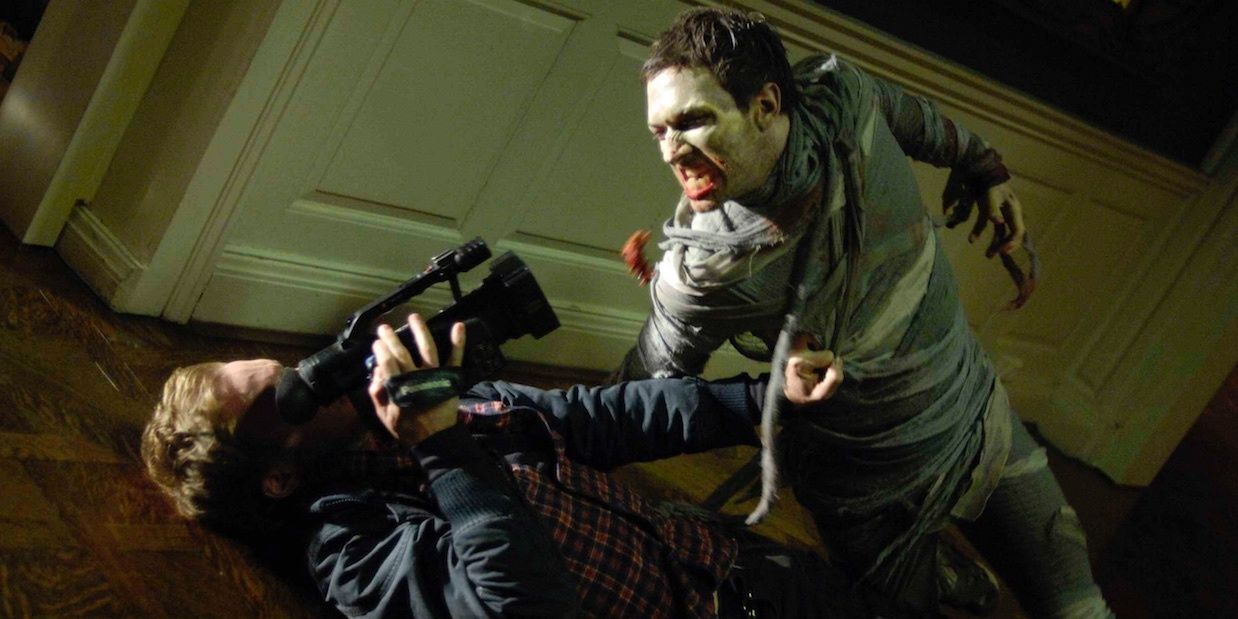
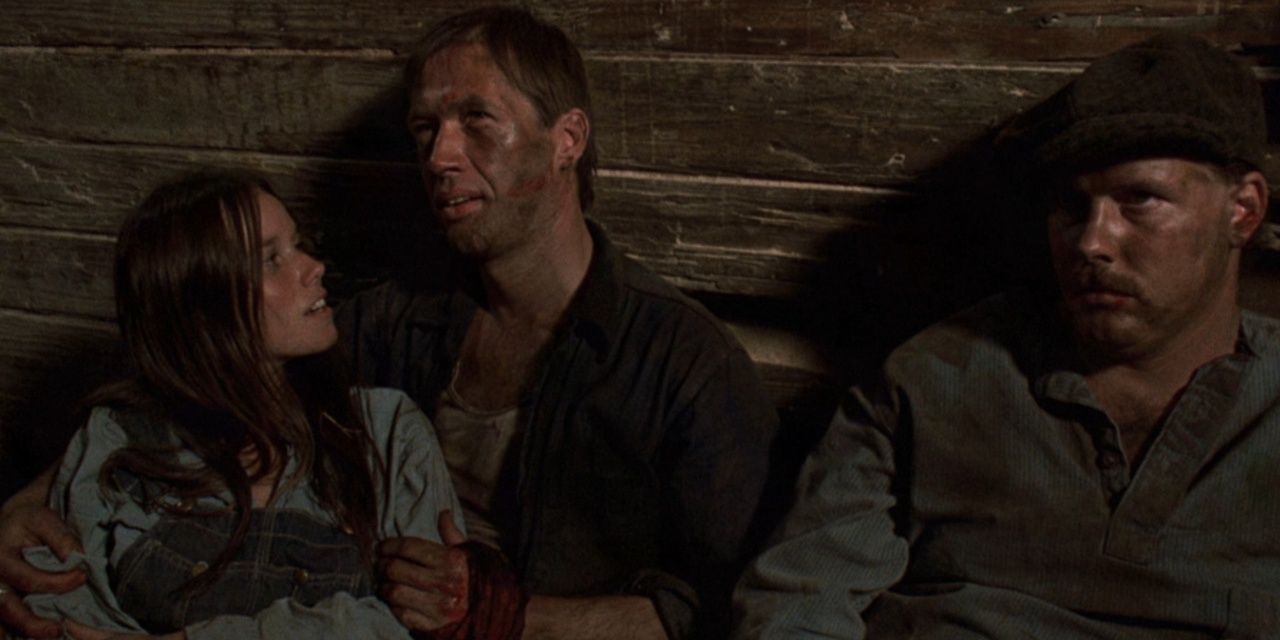
.jpg)
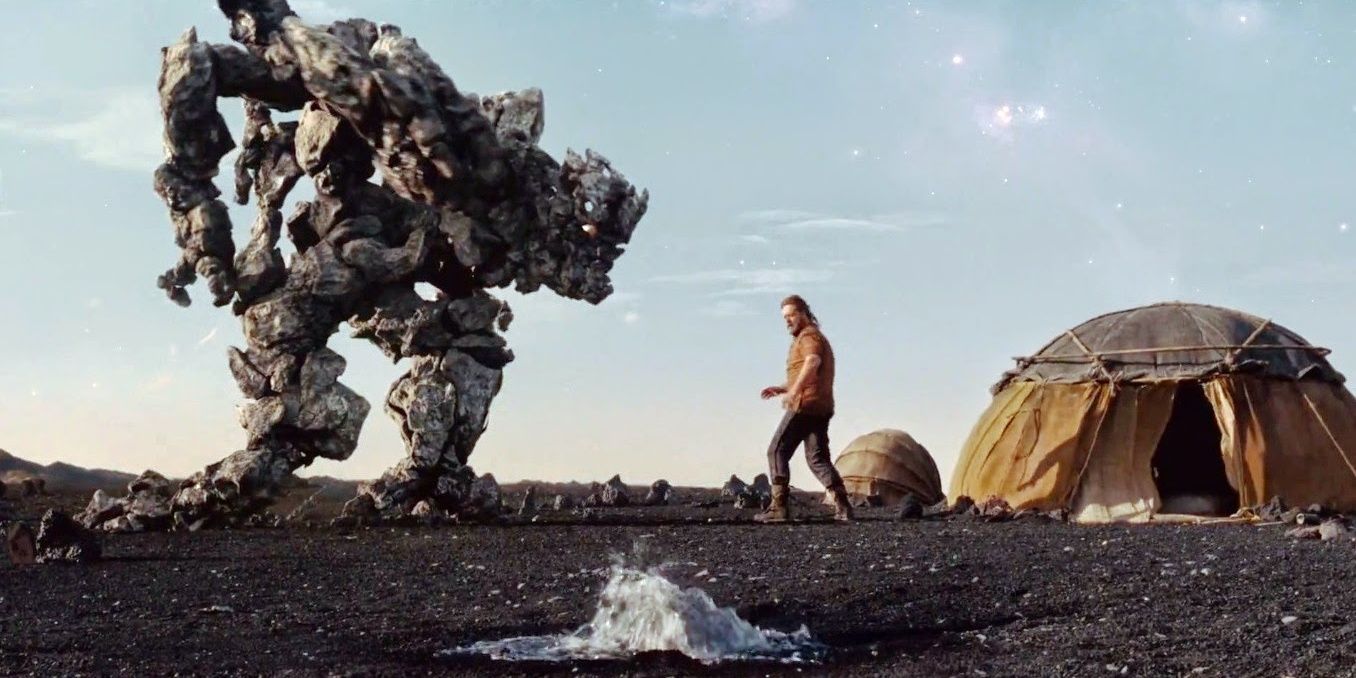
-Cropped-1.jpg)
